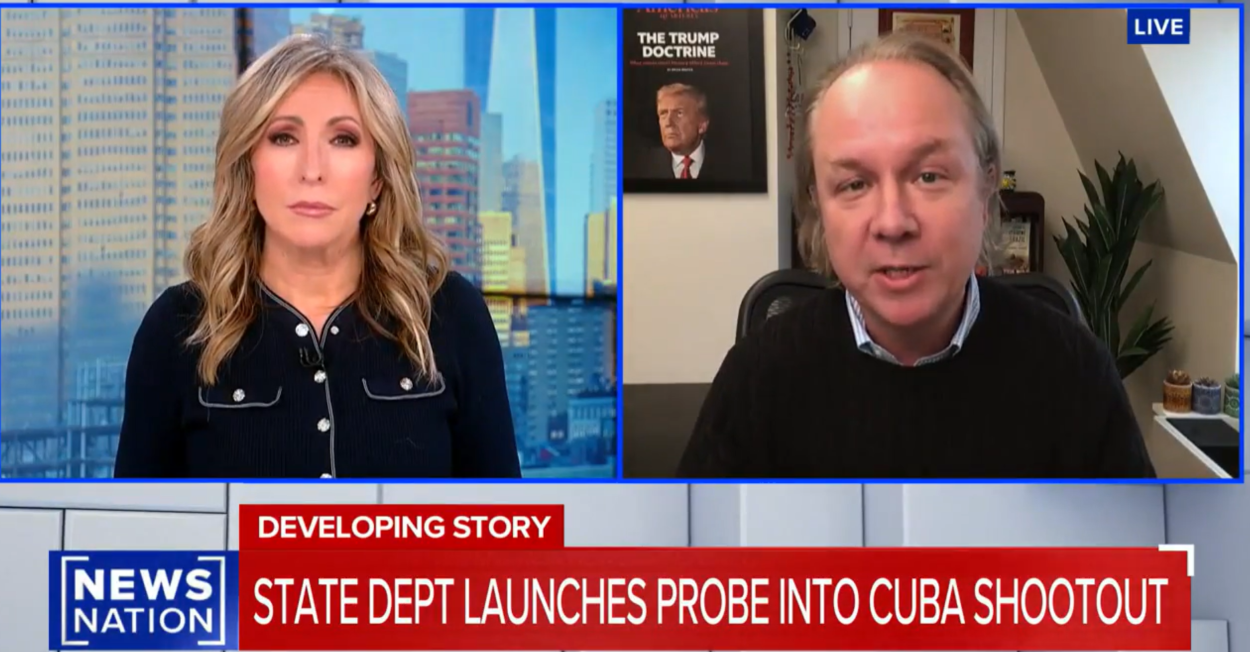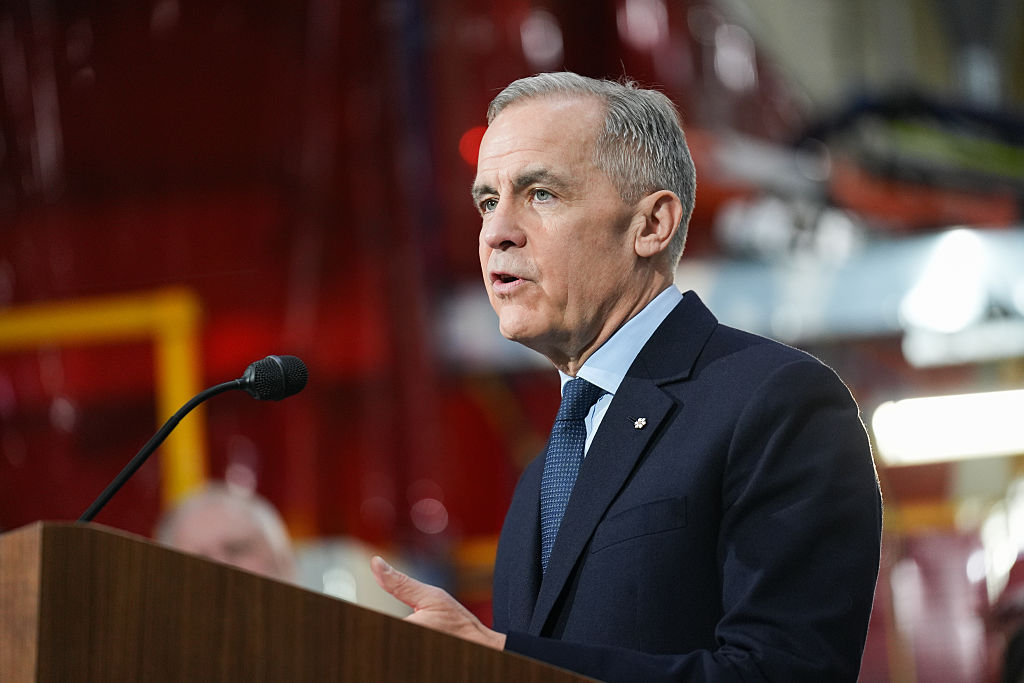UN Haiti Conference Exceeds Funding Expections
UN Haiti Conference Exceeds Funding Expections
A March 31 UN donor conference sparked pledges of nearly $10 billion to help Haiti rebuild. A recovery commission involving the UN, donor countries, and the Haitian government will oversee rebuilding projects, but concerns about implementation continue.
A UN donor conference aimed at raising funds to help rebuild a devastated Haiti showed that countries around the globe are willing to put their money where there mouth is. With more than 150 countries and organizations represented at the March 31 conference at the UN’s New York headquarters, pledging almost $10 billion in short and long-term aid. The $5.3 billion committed to help cover rebuilding costs for the next two years exceeded the Haitian government’s request by 1.4 billion. But some have made the point that it will take more than cash to reconstruct Haiti after the January 12 earthquake that claimed roughly 220,000 lives and ravaged infrastructure in Port-au-Prince. “You can have all the pledges in the world, but you must be able to implement,” said the Inter-American Development Bank’s Luis Alberto Moreno.
Wednesday’s ministerial conference saw major pledges from dozens of countries, including $1.15 billion from the United States, $1.7 billion from the European Union, and $400 million from Canada. Brazil, which leads UN peacekeeping forces on the ground, pledged $172 million. The World Bank committed $479 million in near-term recovery, cancelled what was left of Haiti’s Bank debt, and confirmed it will head fiscal management of the country’s reconstruction fund. “This is a chance to do things differently. We can create a better future for Haiti but we need long-term commitment and a new partnership,” said World Bank President Robert Zoellick. “It’s not just about how much money is raised, it's about delivering real results on the ground for the Haitian people through good governance and effective cooperation by donors.”
With 700,000 displaced Haitians living in tents in the capital and hurricane season on the horizon, short-term concerns loom. U.S. Secretary of State Hillary Clinton warned during her remarks against the temptation “to fall back on old habits—to work around the government rather than to work with them as partners, or to fund a scattered array of well-meaning project.” In a sign of partnership between the global community and Haiti’s government, former U.S. President Bill Clinton, who serves as the UN special Envoy to Haiti, and Haitian Prime Minister Jean-Max Bellerive will co-chair a recovery panel for the next 18 months before transitioning into the Haiti Development Authority. Immediate initiatives for the panel—outlined by Bellerive on Wednesday—will address creating suitable housing for the homeless, reopening institutions such as schools and hospitals, and preparing disaster teams for possible hurricanes. He also noted that the private sector could play a crucial role.
Still, the task of reconstruction carries several hurdles. The Economist reports that the Haitian parliament must approve the recovery panel’s initiatives and questions remain about the degree to which the funds will be funneled through Haiti’s government. And a comment by Haitian president René Préval during a press conference after the donors’ summit underscored worries that global attention to the country’s woes could wane. When questions steered in the direction of potential UN Iran sanctions, Préval asked: “Do I need to develop a nuclear program for Haiti so that we come back to talking about Haiti?”
Learn more:
- “Rebuilding Haiti,” by COA Vice President Eric Farnsworth, Poder, March 2010.
- View an Americas Quarterly photo gallery of images from Haiti taken in February 2010 by award-winning photographer Roberto Guerra.
- UN portal for the International Donors Conference: “Towards a New Future for Haiti.”
- Action Plan for National Recovery and Development of Haiti, March 2010, Government of the Republic of Haiti. (PDF)
- Website of Government of Haiti’s Reconstruction Platform.
- Office of the UN Special Envoy for Haiti.
- A new report by the International Crisis Group makes a series of recommendations with the goal of assuring Haiti’s political stability, particularly given that legislative elections were postponed in light of the January 12 disaster.








